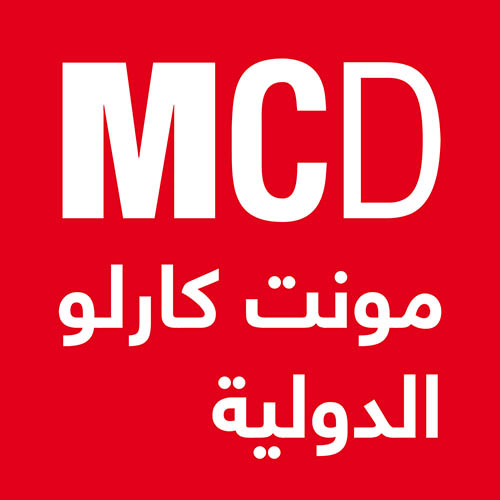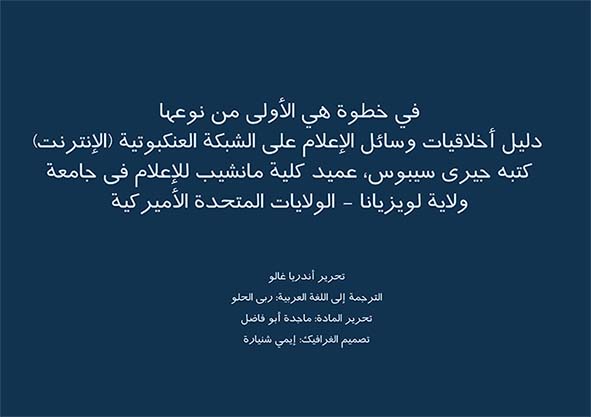Legacy newsrooms face immense challenges in dealing with media ethics in the digital age, notably with competition from social networks and platforms, but have a responsibility to maintain their credibility and professionalism, Media Unlimited director Magda Abu-Fadil told Radio Monte Carlo Doualiya (MCD).
“To determine the accuracy of information in digital pictures, for example, there are applications (apps) one can use to trace their origin,” she said. “Is the picture an original? Was it stolen from somewhere? Was it tampered with?”

Radio Monte Carlo Doualiya
In Part 2 of an interview on MCD, Abu-Fadil discussed the dilemma editors face in determining what photos, videos and text to disseminate when the content is sensitive, offensive and tragic.
She pointed to a number of apps and tools used in verifying content to find out if it’s plagiarized.
What’s key is to deliver information that’s accurate, balanced, that doesn’t deviate from humanity and that’s ethical, Abu-Fadil insisted, noting that critical thinking is very important but that many journalists don’t always use it in their work.
Abu-Fadil advised journalists and news organizations to be completely transparent when mistakes are made and to admit and correct them immediately if they’re to maintain their credibility.
She discussed the impact of “fake news,” “post-truth,” and “alternative facts” during a segment of the program “Digital” in February 2018 hosted by Nayla Salibi.
Part 1 of the interview can be heard here.


